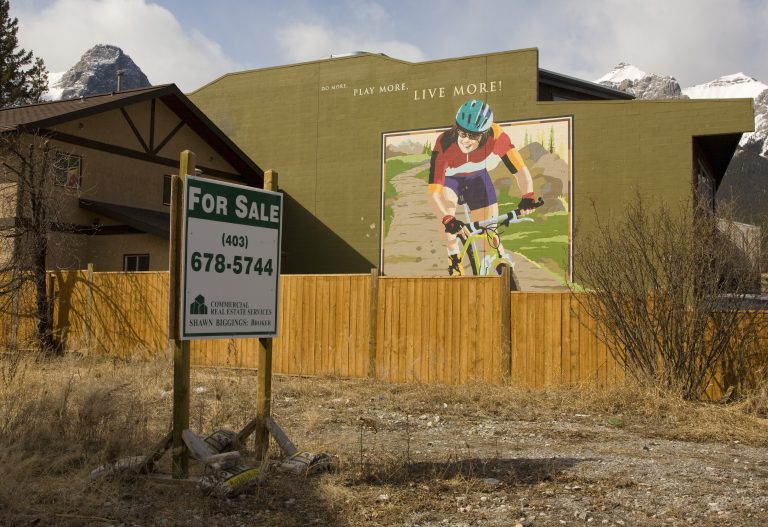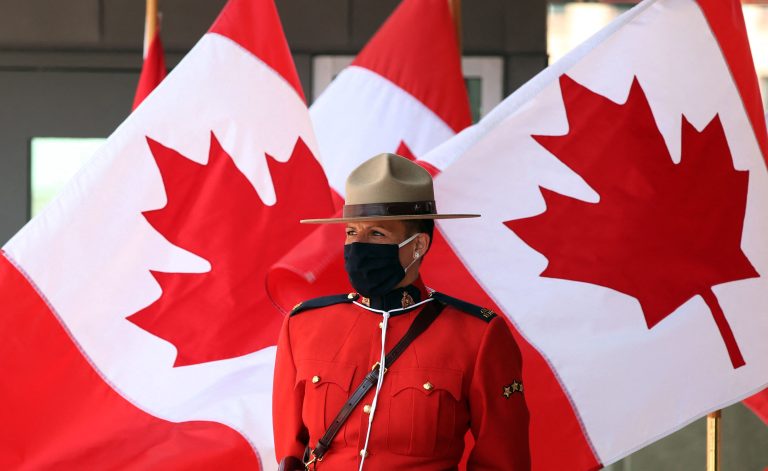Canada’s bill banning foreigners from buying residential properties came into effect on Jan. 1, 2023. Experts say the ban will not affect housing prices much but could lead to international investors putting their money into rural areas due to a few exceptions in the ban.
The two-year interim bill aims to provide more housing for Canadians at a time when Canada is experiencing a housing shortage.
Some experts believe that less than 5 percent of Canadian housing is owned by foreigners, so the ban will not have a big impact on housing prices. The Canada Mortgage and Housing Corporation (CMHC) noted last June that nearly 19 million housing units will be needed by 2030. A total of 5.8 million new homes would have to be built, 3.5 million more than currently projected, to meet demand.
Canada clarified in late December that the ban applies only to urban residences and not recreational properties such as summer homes and the ban will only be applicable in cities of a certain size.
Experts told Global News this could lead to international investors pouring money into rural Canada and creating additional competition for Canadians planning to buy recreational property.
Success
You are now signed up for our newsletter
Success
Check your email to complete sign up
Pauline Aunger, a broker with Royal LePage Advantage Real Estate, said the strength of the U.S. dollar and the relative affordability of vacation properties in Canada compared to the U.S. makes Canada’s recreational market attractive to both investors and leisure travellers.
“With its world-class skiing resorts and picturesque winter landscapes, Canada will remain a desirable location for recreational buyers from all over the world,” she said.
Chris Alexander, president of Re/Max Canada, and Pritesh Parekh, Toronto-based Century 21 realtor, both believe those looking to invest in Canadian real estate may try to shift their residential investment strategy toward recreational properties.
“If buyers do re-allocate to recreational properties, we are essentially opening up new, unnecessary challenges for Canadians who want to buy such properties. They will then need to compete with foreigners,” Parekh said.
However, even if international investors do drive the market for recreational homes in rural regions, experts say other factors may be taking the heat down in 2023.
In 2022, the Bank of Canada raised interest rates frequently, leading to a cooling of the national housing market. The average house price dropped from a peak of more than 800,000 Canadian dollars in early 2022 to slightly more than 630,000 Canadian dollars last month.
Royal LePage forecasts that increased inventory and reduced competition in the recreational housing market could lead to a 3.0 percent year-over-year decline in home prices in 2023. Alexander expects the tiny home and cabin market to remain hot in 2023, but not necessarily as hot as it was during the previous pandemic years.













